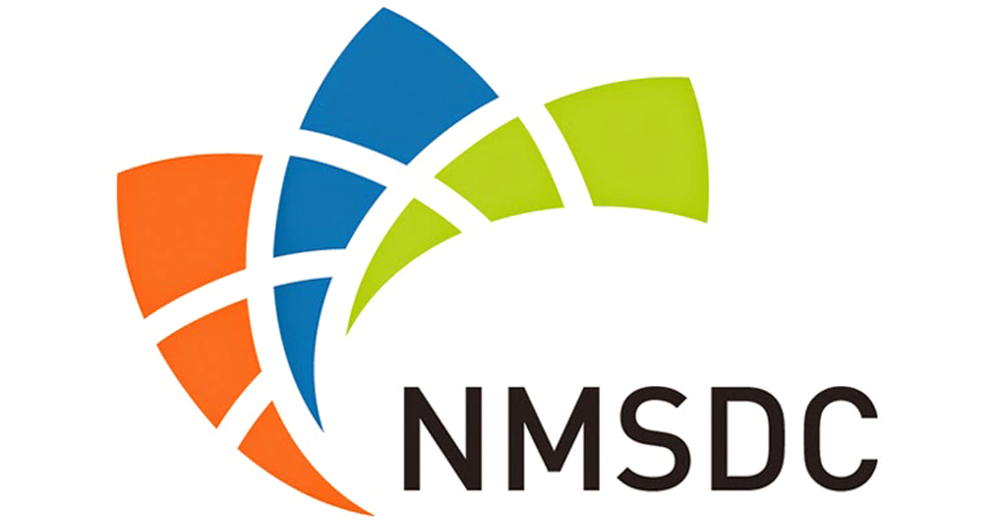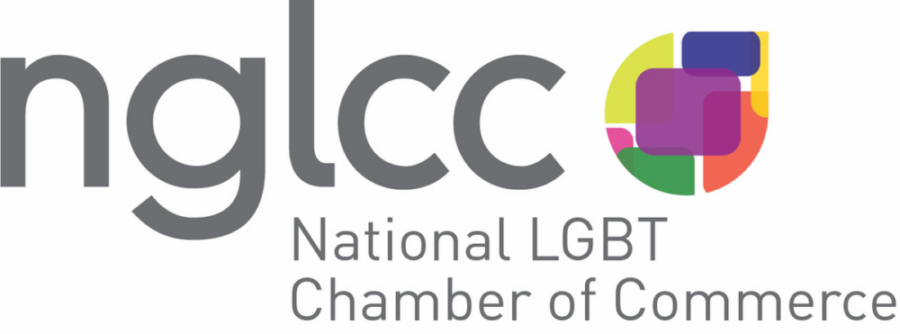Our Approach to Sourcing and Human Rights
Our commitment to corporate social responsibility extends to our supply chain and the vendors we work with throughout the world.
Ross supports responsible business practices and human rights throughout our supply chain. Vendors, manufacturers, and other Company business partners are required to comply with all applicable local, state, federal, and international laws relating to the manufacture and production of products sold to Ross, including laws relating to:
- Labor compensation;
- Working conditions;
- Child, slave, prison, or forced labor;
- Environmental protection;
- Product safety;
- Corruption or bribery (including foreign corrupt practices);
- Building and working safety conditions; and
- Similar obligations.
To the extent contractors or subcontractors are involved in the production of goods supplied to Ross, vendors must require that these parties are similarly compliant with Ross’ Vendor Code of Conduct.
Ross’ standards and requirements related to sourcing and human rights are incorporated in various Company documents, including Ross’ Code of Business Conduct and Ethics, Vendor Compliance Manual, Purchase Orders, Vendor Compliance and Indemnity Agreements, and Buying Agent Agreements. Ross’ standards and requirements related to human rights are also designed to comport with applicable Universal Declaration of Human Rights (UDHR) and International Labor Organization (ILO) standards. For more information, refer to our Vendor Compliance Manual and our Code of Business Conduct and Ethics, which are located on the Corporate Governance section of our website.
We closely monitor evolving issues throughout the world to promote adherence by our suppliers and business partners to our policies and commitments, as well as to federal, state, and local laws. Ross will not knowingly purchase products manufactured using child, slave, prison, or forced labor, or where workers are not provided wages or safe working environments as required by law. Additionally, we will not knowingly purchase products made in violation of established environmental or consumer product safety requirements.
If we become aware of a vendor’s non-compliance with Ross’ requirements or procedures, including any applicable local, national, or international labor or human trafficking laws, we will take appropriate responsive action, which can include suspending the vendor’s shipments and/or terminating the business relationship.
Responsible Sourcing
Beyond communicating our standards and requirements related to sourcing and human rights in various Company documents, Ross dedicates significant resources and drives processes to promote responsible sourcing.
The majority of the apparel, footwear, accessories, and home-related products sold in our Stores are purchased from suppliers after they have been produced to other retailers’ specifications. Though Ross does not have direct control over the manufacturing processes for these products, we require suppliers to uphold our ethical standards.
Some products are ordered and imported directly through international buying agents or certain overseas vendors. For these items, we have additional processes and requirements in place to monitor and enforce compliance.
To start, we communicate our standards and requirements, and provide training to vendors, buyers, and overseas buying agents during our purchasing processes. We provide initial training to new Associates, as well as ongoing training and updates to buyers and other Associates involved in our product sourcing. Further, we regularly monitor and assess our supply chain for compliance related to product safety, labor laws, and human-trafficking concerns.
In addition, we maintain a social compliance program intended to promote compliance with our Vendor Code of Conduct, which requires adherence to local labor, safety, and environmental laws. The program employs numerous resources, including inspections conducted by buying agents and audits conducted by leading third-party auditors. Those resources not only proactively engage and advise vendors on maintaining compliant sourcing practices, but also, where appropriate, are utilized to encourage remediation and corrective actions.
In 2022, over 1,000 supplier inspections and audits were conducted under the social compliance program. During their reviews. Ross’ third-party auditors or buying agent teams directly conducted or reviewed inspections or audits from accredited sources. Additionally, members of our internal compliance team supervised buying agents and third-party auditors as they conducted select inspections and audits in multiple countries.
Ross-directed third-party audits and buying agent inspections require a physical review of manufacturing factories, a review of factory records and certifications, plus interviews with factory workers. Ross compliance Associates review reports from these audits and inspections, and, when relevant, track corrective action.
Where we become aware that a vendor or its manufacturing factory is out of compliance, we take appropriate responsive action, which can include suspending all merchandise shipments from the offending vendor and/or terminating the business relationship.
On an on-going basis, Ross monitors and addresses emerging compliance concerns through our partnerships with industry trade associations (e.g., American Apparel & Footwear Association, National Retail Federation, and Retail Industry Leaders Association), and our consultations with our legal counsels and international trade experts. We continue to enhance our compliance approach consistent with evolving risk and industry standards.
Supplier Diversity
We care about sourcing goods and services from a diverse set of suppliers. Through our participation and membership in organizations such as the National Minority Supplier Development Council (NMSDC), the Women’s Business Enterprise National Council (WBENC), and the National LGBT Chamber of Commerce, we show our support for diverse supplier communities.
Product Safety
Ross is committed to the sale of safe products in our Stores.
Through various vendor-facing documents (e.g., Purchase Order, Vendor Compliance Manual, and Indemnification Agreement), we require our vendors to provide products that comply with applicable federal, state, and local statutes, rules, and regulations.
Additionally, we reference relevant legislation and safety standards when designing our buying and selling strategies. Although Ross does not buy or sell hazardous chemicals, we recognize that some consumer products may contain natural components and synthetic chemicals as ingredients. To protect the safety of our Customers, we require that vendors’ products comply with the Federal Hazardous Substances Act and any corresponding state laws. These laws mandate proper labeling, warning requirements, and product testing.
Children’s products are subject to rigorous requirements, including the Consumer Product Safety Improvement Act (CPSIA). Compliance with the CPSIA is strictly enforced by the Consumer Product Safety Commission (CPSC). Ross requires that vendors of CPSIA-impacted products confirm that they meet the CPSC’s requirements.
Where Ross sources food and cosmetic products overseas, we require that suppliers submit labeling and ingredients for compliance review and abide by all applicable U.S. Food and Drug Administration (FDA) requirements. Additionally, we review and confirm that foreign food suppliers meet Food Safety Modernization Act (FSMA) requirements and corresponding FDA regulations.
Ross maintains a product recall program that includes continuous monitoring of customer claims, Store incidents, and government recalls. Where appropriate, we conduct internal reviews to verify that we follow relevant government/supplier instructions for removal and/or destruction. Similarly, as needed, we initiate a product recall for applicable products that fail to meet our safety standards.
In support of our product safety commitment, we require that our vendors comply with our Vendor Compliance Manual. The Vendor Compliance Manual provides an overview of the various requirements applicable to the products we sell and references sources of additional information.
Go to our Vendor Compliance Manual for more information.
Evolving Issues
Standards and regulations regarding consumer products and supply chains are continually changing. Ross requires that all of our vendors engage in responsible business practices and uphold human rights throughout our supply chain.
As part of our obligations under Section 1502 of the Dodd-Frank Wall Street Reform and Consumer Protection Act, we conduct an annual investigation where we review and disclose the existence of Conflict Minerals (specifically tin, tungsten, tantalum, and gold) in products we sell. We require suppliers to identify the source of Conflict Minerals incorporated in or consumed by the manufacturing of products they provide. As necessary, we perform due diligence regarding the source of those minerals. Ross’ Conflict Minerals Disclosure is available in the Investors section of our website.
We do not specifically seek apparel or other merchandise containing animal fur. Given our opportunistic buying of already manufactured products, products we sell may occasionally contain incidental fur.
Ross’ Code of Conduct specifically prohibits the use of involuntary or forced labor by vendors and their contractors anywhere in their manufacturing or supply chain. We have zero tolerance for such violations and have taken additional, enhanced efforts to prevent forced labor in our supply chain. This process includes, but is not limited to, vendor communications, vendor monitoring, and factory audits and inspections. We are aware of concerns regarding involuntary or forced labor in the global supply chain, and our program is designed to monitor, address, and take the appropriate corrective action where necessary.



